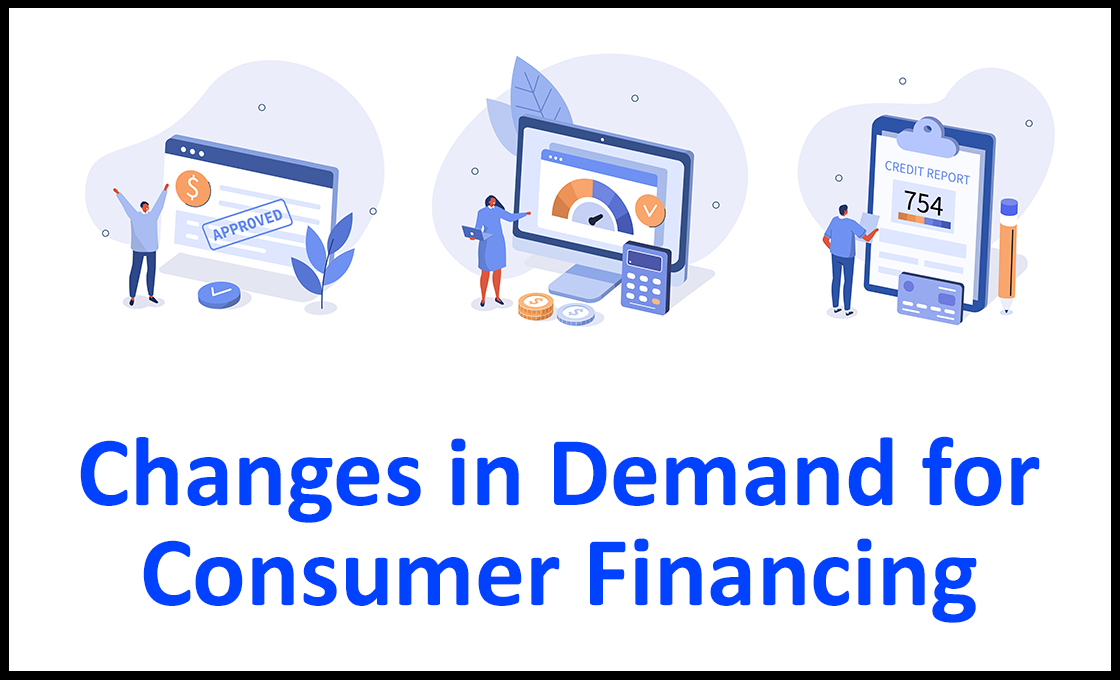The Regulatory Advantage of Banks in the BNPL Era
With consumer finance projected to reach $15 trillion by 2025 (GlobalData, 2021), stringent regulatory frameworks are needed to ensure stability and protect consumers. The rapid expansion of digital financial services, highlighted by the surge of point-of-sale financing, emphasizes the importance of robust regulatory measures.
As banks expand their lending models and reenter the consumer financing market, their strict regulatory frameworks and compliance expertise provide a significant competitive advantage. Banks have been lending institutions for centuries, offering various loans including mortgages, personal, consumer, and business loans. Over the years, they have developed robust compliance processes and deep regulatory expertise, especially compared to fintech companies such as BNPL (Buy Now Pay Later) providers, many of whom are new to lending.
Regulatory Scrutiny in Consumer Finance
As the consumer finance sector has grown in popularity and scale, it has inevitably drawn the attention of regulatory bodies. Both the Consumer Financial Protection Bureau (CFPB) and the Office of the Comptroller of the Currency (“OCC”) have issued guidance and reports related to BNPL lending, emphasizing the need for prudent practices and robust consumer protection measures. These regulatory efforts aim to address the increasing demand for consumer protection and financial stability in this rapidly expanding, unregulated sector.
Banks, with their extensive history of adapting to regulatory changes and ensuring compliance, are well-positioned to navigate these new standards, in contrast to BNPL providers which have been functioning without regulation and are going to have to play catch up. Additionally, BNPLs lack direct access to funds via customer deposits and the Federal Reserve further strengthens the banks’ position.
Beyond Compliance: Deep Understanding and Capacity
Banks’ experience with regulatory compliance goes beyond merely following rules; it encompasses a deep understanding of the rationale behind regulations, such as protecting consumers, ensuring fair practices, and maintaining the financial system’s integrity. They can anticipate regulatory changes in response to external and other contributing factors, for example advances in technology or issues affecting the economy, and proactively adapt their strategies and seamlessly integrate new requirements into their operations. Additionally, banks have dedicated teams and systems to monitor regulatory changes, assess their impact, and implement necessary adjustments. This institutional capacity for regulatory adaptation is crucial in an environment where financial regulations are increasingly complex and far-reaching.
Building Trust Through Compliance
Banks’ adherence to regulatory and compliance standards and stability reinforce trust among consumers and merchants. This trust is crucial in newer financing areas like consumer finance, where customers and merchants are still gauging the credibility and reliability of different financial providers. Banks can leverage their compliance expertise to differentiate themselves and position their financial products as better, safer, and more reliable. By doing so, compliance becomes a key part of the value proposition that banks offer to merchants and their customers.
Conclusion: Compliance as a Strategic Asset
The established processes for regulatory compliance in consumer financing are more than an operational requirement; with the introduction of regulations, it is becoming a strategic must. Fintechs and innovative financing models in the consumer financing space are under increasing scrutiny, while banks, with their long history and deep expertise in compliance, are uniquely positioned to navigate the complex regulatory landscape and provide a stable and trustworthy option for consumers and merchants alike.

Jeffrey Tower
EVP Global Business Development
Jeff has over 20 years of experience driving revenue through building global brand awareness, business development, marketing, and sales departments focused on consumer financing, fintech, and eCommerce.





